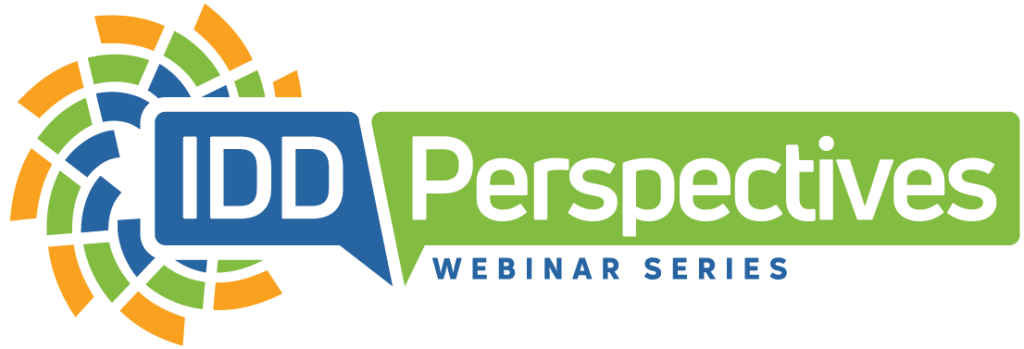CMS’ final rule on Person-Centeredness has created many conversations among those who support people with Intellectual Disabilities (ID). Some center on compliance, paperwork, and measurable outcomes. These, while relevant, miss the spirit.
So, what does it mean to be Person-Centered? Is it about language, or community integration or choice and responsibility? The answer to all, is yes. While Person-Centeredness is a significant shift in how we approach supports, it’s really pretty easy to understand.
The spirit is really about treating people with ID like, well, people.
When we talk about people with disabilities, we still use clinical language even when they aren’t in clinical settings. We say things like, “Stacey has verbally aggressive behaviors, but she is high-functioning. She toilets independently, enjoys outings, needs partial physical support to do math, and requires verbal prompts for personal interaction.” What if we talked about Stacey like we talk about a friend? “Stacy speaks for herself. She is a lot of fun when going out but appreciates a kind reminder to respect others’ space. When making purchases, her friends help her make sure everything’s correct.”
See the difference?
When we think about community integration for people with ID, we often approach it like students on a field trip. While group trips can be fun, what if we also helped a person with ID get and stay connected with a local artist, musician, or baseball coach?
When we think about balancing choice and risks for people with disabilities, we may lose the balance we would ordinarily pursue such as when helping a friend. We may protect people from any risks leading to lives that are safe but are miserable and limit their growth. Or, we may not offer direction, thus putting people at significant risk and sanctioning reckless choices. What if instead we provided direction but not control, to help people make informed decisions, even if those decisions led to mistakes from which they could recover and grow, just like we do for our friends?
No doubt: paperwork will follow, compliance will be required and outcomes will be measured but let’s not forget that Person-Centeredness is about treating people like people, and that is the right thing to do.
And remember, person-centeredness is not just for those with IDD. It is applicable to anyone who for any reason has lost ownership or positive control over their lives. This could be because of an acquired disability, accident, the aging process, and so on. When supports are needed from others, person-centered approaches help ensure the person stays in control of their life as much as possible.




